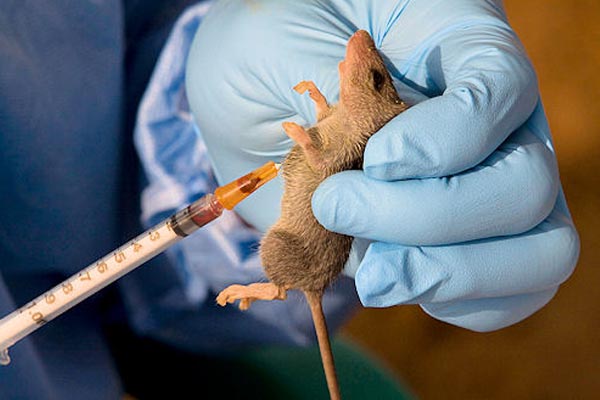Humanitarian Agency Hands Over Lassa Fever Project in Nigeria After Years of Life-Saving Support
Posted 02:44 PM, Wednesday June 11, 2025 3 min(s) read

Photo by: Emmanuel Onminyi
ABAKALIKI, June 11 (AGCNewsNet) – After seven years of critical support from Médecins Sans Frontières (MSF), health authorities in Nigeria's Ebonyi state are now independently managing the care and response to Lassa fever, a severe and often deadly viral haemorrhagic disease.
In early 2018, a surge in Lassa fever cases overwhelmed the Alex Ekwueme Federal University Teaching Hospital in Abakaliki (AE-FUTHA), the state's main referral centre. The outbreak claimed numerous lives, including 16 healthcare workers, leading to widespread fear.
“We lost doctors, nurses, and cleaners,” said Dr Nnennaya Anthony Ajayi, then head of clinical services at AE-FUTHA’s virology unit. “There was panic. People were afraid to go near the emergency room.”
Though federal and state authorities had built isolation wards and a virology lab, the hospital was under-equipped for an outbreak of such magnitude. Personal protective equipment was scarce, infection control measures were lacking, and diagnostic delays hampered treatment.
MSF stepped in with an emergency response that evolved into a seven-year partnership with the Ebonyi State Ministry of Health. “We had to put an end to this series of avoidable deaths,” said Alain-Godefroid Ndikundavyi, MSF’s last project coordinator in the state. “Our main objective was to reinforce the hospital’s capacity to better receive and treat patients.”
MSF’s interventions included constructing triage and observation areas, delivering over 230 training sessions for staff, and supplying personal protective equipment. They also paid for the full cost of patient care, including medications and dialysis.
Between 2018 and 2024, MSF supported the treatment of 1,701 suspected and 427 confirmed Lassa fever cases. Crucially, the number of deaths among healthcare workers dropped dramatically, with some years recording no fatalities.
“They helped us structure patient flow, infection prevention, and biosafety,” said Dr Ajayi. “They brought structure, training, and most importantly, hope.”
Beyond hospital walls, MSF engaged communities directly, conducting over 4,500 health education sessions and 1,300 community visits. The organisation also equipped rural clinics in Izzi Unuhu and Onuebonyi to detect and respond to Lassa fever cases early.
“We realised that to truly fight Lassa, the response had to start at the community level,” said Ndikundavyi.
MSF formally handed over operations at the end of 2024, following a phased transition that included donations of ambulances, medical equipment, and waste management tools. The organisation also supported internal hospital committees to uphold infection control and clinical care standards post-departure.
AE-FUTHA has since transformed. Staff now work with proper equipment and confidence, while patients receive dignified, timely care. In 2024, 24 confirmed cases were recorded at AE-FUTHA, with only one death among staff—a stark contrast to the toll in 2018.
“We are no longer afraid,” Dr Ajayi said. “MSF helped us believe that we could fight Lassa fever—and win.”
Stay connected with AGC NewsNet for the latest news from Africa.